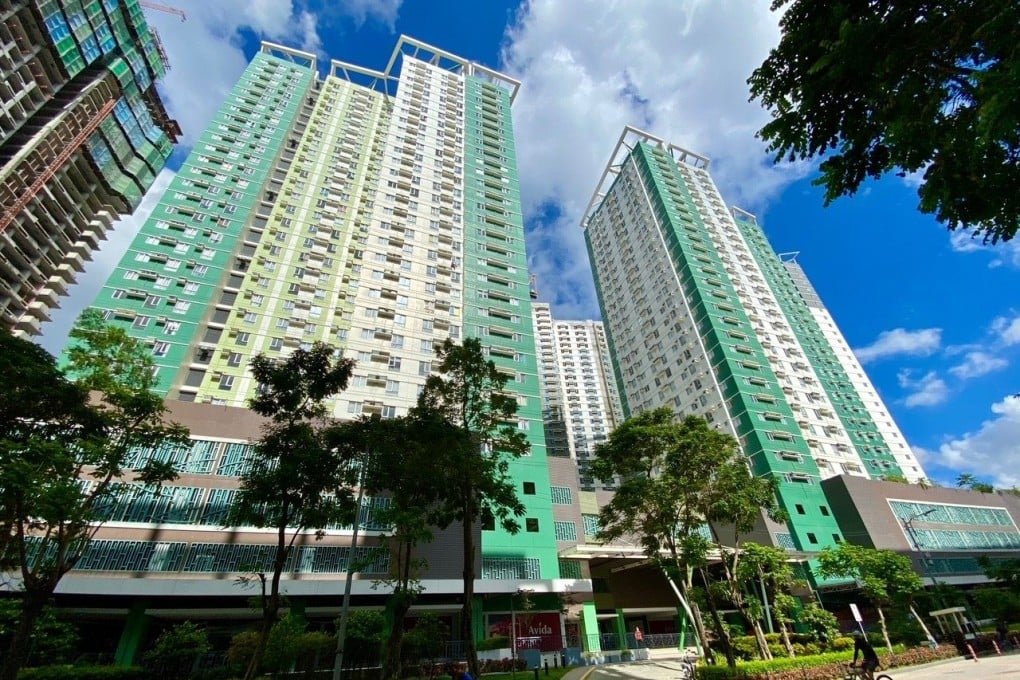Advertisement
Hongkongers snap up flats in the Philippines, lured by cheap prices and economic outlook despite rising interest rates
- Property prices in the Philippines are attractive relative not just to Hong Kong but also when compared with other cities in the region
- Philippines GDP is estimated to grow 6 per cent this year and a 6.2 per cent expansion is next year’s forecast, making it Southeast Asia’s second-fastest growing economy
Reading Time:4 minutes
Why you can trust SCMP
0

Hongkonger Garry Yau, a 48-year-old executive at a mainland China-based real estate company, had always wanted to invest in another flat in Southeast Asia. But most markets in the region gave him sticker shock.
However, an opportunity came along when he discovered that with an outlay of about HK$2.29 million (US$292,000), he could buy three residential units in two popular urban districts in the Philippines that checked the boxes for his investment needs. Among the main considerations were that the construction of flats be fully completed and ready for occupation.
He and his wife are now the owners of two units at the Avida Towers Asten in Makati, the Philippines’ financial hub, and a unit in Avida Towers Riala in Cebu, a popular tourist destination. All the units were bought in the March-May period.
“I think there’s a good potential in the Philippines,” Yau, who bought a flat in Johor Bahru in Malaysia for 1.5 million ringgit (US$322,000) in 2016, told the Post in an interview. “The amount of investment is cheaper compared to other top cities in the region.”

Yau’s confidence was driven by upbeat forecasts and recent economic performance. In 2022, the Philippines logged 7.6 per cent economic growth, the third fastest in Southeast Asia after Malaysia’s 8.7 per cent and Vietnam’s 8 per cent expansion, according to official data. This year the Philippines is estimated to grow by 6 per cent, and a 6.2 per cent expansion is the forecast for next year, making it the second fastest growing country in the region after Vietnam’s 6.5 per cent and 6.8 per cent, according to the Asian Development Bank.
Advertisement